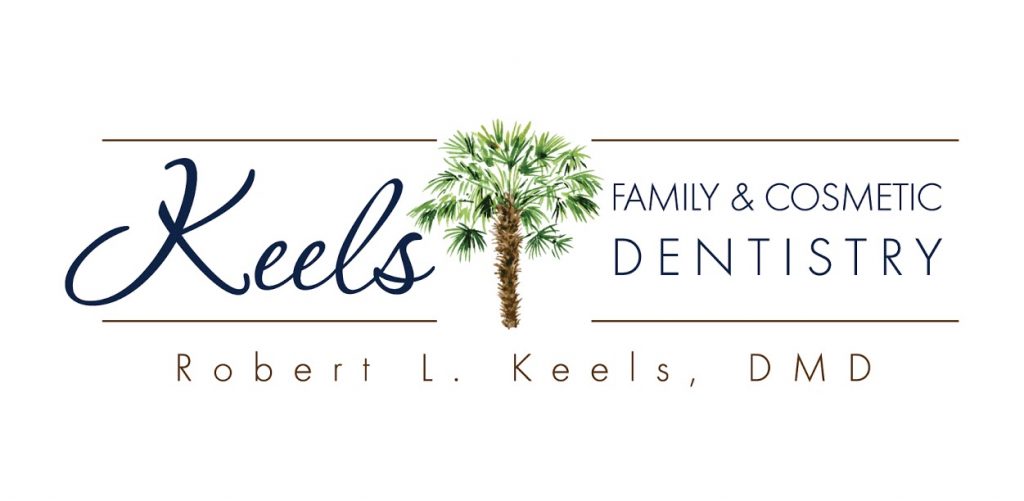Are you considering getting a tooth extraction but feeling overwhelmed with the amount of information out there? Look no further, because this blog post is here to guide and empower you as a buyer.
The decision to undergo a tooth extraction is not an easy one, but it is often necessary for various oral health reasons. Whether it’s due to decay, infection, or overcrowding, understanding the process of tooth extractions can help alleviate any fears or concerns.
At Keels Family & Cosmetic Dentistry, we are here to give you the information you require since we are aware that tooth extractions are occasionally required as part of the dental treatment process.
What Are Tooth Extractions?
There are several reasons why tooth extraction may be necessary, including severe tooth decay, advanced gum disease, overcrowding, or a tooth that is impacted or severely damaged.
At Keels Family & Cosmetic Dentistry, our experienced dental professionals perform tooth extractions with precision and care. The procedure is typically done under local anesthesia to ensure patient comfort. After extraction, our team provides detailed instructions on post-operative care to promote proper healing.
If you are experiencing tooth pain or have a tooth that needs to be extracted, schedule a consultation with our dental experts at Keels Family & Cosmetic Dentistry to discuss your options and receive the treatment you need.
Reasons for Tooth Extractions
Tooth extractions may be necessary for several reasons, including:
- Severe Tooth Decay: When tooth decay reaches an advanced stage, it may not be possible to save the tooth with restorative treatments like fillings or crowns.
- Advanced Gum Disease: Periodontal disease can cause teeth to become loose and painful, necessitating extraction.
- Impacted Wisdom Teeth: These teeth are also referred to as the third molars often become impacted or cause pain and may need to be removed.
- Orthodontic Reasons: In some cases, tooth extractions are performed to create space in the mouth for orthodontic treatment.
- Infection or Abscess: Infections within a tooth or surrounding tissue can lead to severe pain and may require extraction.
- Fractured or Broken Teeth: Teeth that are fractured or broken beyond repair may need to be extracted.
- Preparation for Dentures: In some cases, multiple teeth are extracted to prepare for full or partial dentures.
Types of Tooth Extractions
There are two basic methods for removing teeth from the mouth:
- Simple Extractions: These are performed on visible teeth above the gumline and are typically straightforward procedures. Local anesthesia is used to numb the area.
- Surgical Extractions: Extractions performed surgically are more difficult and involve teeth that are not easily accessible, such as impacted wisdom teeth. They may require the use of sedation and a small incision in the gum.
What to Expect During a Tooth Extraction
During a tooth extraction, you can expect the following steps:
- Anesthesia: In order to numb the region around the tooth, your dentist will apply local anesthesia to the tooth. For more complex extractions or if you experience patients who experience dental anxiety, alternative methods of sedation may be utilized.
- Tooth Extraction: The dentist will carefully remove the tooth, using specialized instruments. For surgical extractions, an incision may be made in the gum to access the tooth.
- Closing the Site: After the tooth is removed, the extraction site is often closed with stitches, which are typically absorbable.
- Recovery: You’ll be given instructions on post-extraction care and may be prescribed pain medications or antibiotics, if necessary.
Aftercare and Recovery
Proper aftercare and recovery are crucial after a tooth extraction:
- Pain Management: Following the treatment, it is possible that you could feel some discomfort. It’s possible that you’ll be advised to take pain medicine, either over-the-counter or prescribed.
- Swelling: The usage of ice packs is a good way to alleviate swelling, which occurs frequently.
- Dietary Restrictions: Soft foods and liquids are recommended immediately after the extraction. Avoid hard, hot, or spicy foods.
- Oral Hygiene: Follow your dentist’s instructions for oral hygiene, which may include gentle rinsing with saltwater.
- Rest: Take it easy for the first 24 to 48 hours after the extraction, and avoid engaging in pursuits that call for a significant amount of physical exertion.
- Follow-Up: Attend any follow-up appointments as recommended by your dentist.
Choosing the Right Dentist for Tooth Extractions
When selecting a dentist for tooth extractions, consider the following factors:
1. Experience: Find a dentist that has experience in doing extractions, especially if you need surgical extractions. This is especially important if you need multiple extractions.
2. Reputation: Read patient reviews and ask for recommendations from friends or family members who have had extractions.
3. Comfort and Communication: Choose a dentist who can put you at ease, provide you with a comprehensive explanation of the treatment, and answer any worries you may have.
4. Sedation Options: If you have dental anxiety or require a surgical extraction, inquire about sedation options offered by the dentist.
5. Cost and Insurance: Understand the cost of the extraction procedure and check if your dental insurance covers any portion of it.
6. Emergency Care: Ensure the dentist offers emergency services in case of post-extraction complications.
Call Us if You Need a Tooth Extracted!
At Keels Family & Cosmetic Dentistry, we are committed to providing our patients with tooth extraction procedures that are not only effective but also risk-free on their behalf.
During the process of extracting your teeth, our highly trained dental specialists will assess the specific needs you have and provide you with the highest level of care that is humanly possible.
If you find yourself in need of a tooth extraction, don’t hesitate to reach out to Keels Family & Cosmetic Dentistry. Our experienced team is here to provide gentle and effective care.
Feel free to call us with any questions or to schedule an appointment. Your oral health is our priority, and we’re ready to assist you on the journey to a healthier smile.
